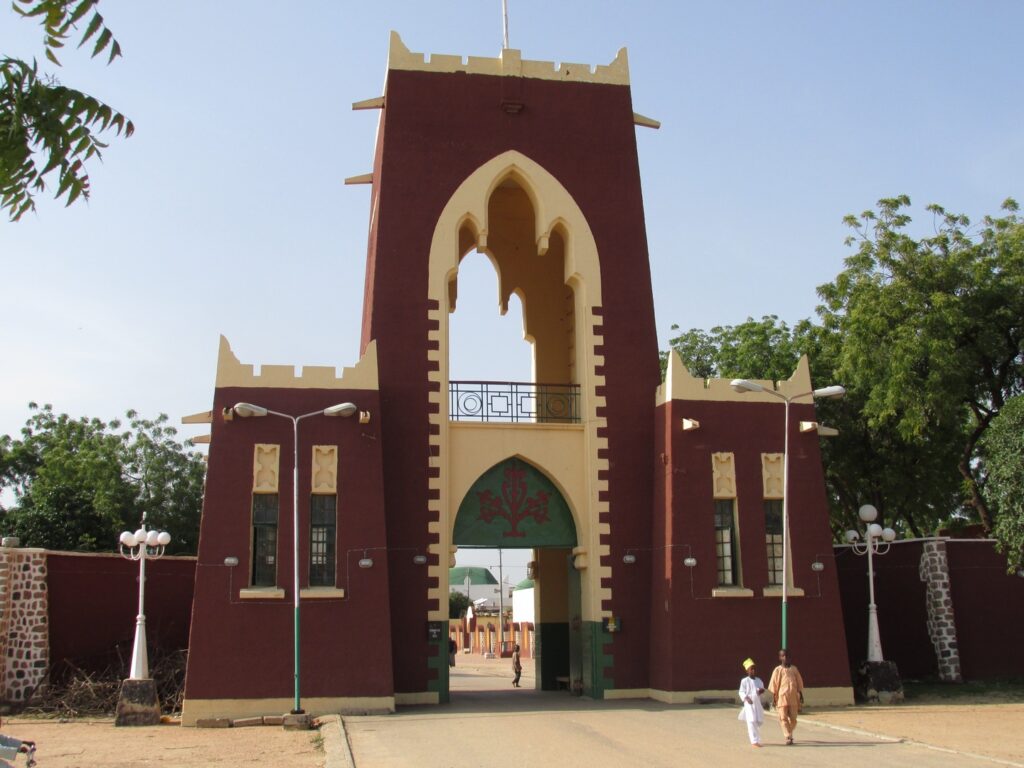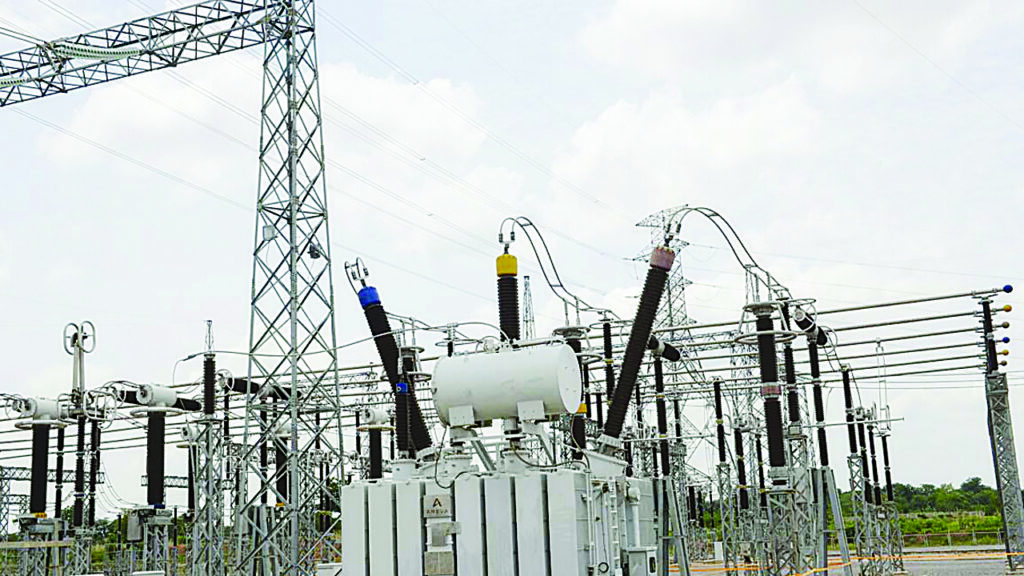
Mr. Amuda Yusuf is the director general, Lagos Chamber of Commerce and Industry. In this interview with DAVID OGAH, he advises the Central Bank of Nigeria to stop taking undue advantage of the vacuum in the system.
The Naira is in a situation of free fall, what do you think is responsible? THE value of the Naira is a function of two things: supply and demand.
If there is an issue on the supply side, there will be a sharp drop of supply for foreign exchange, the Naira will come under pressure, and invariably, it will either depreciate or be devalued. If there is an increase in supply and the demand is constant, the Naira will appreciate. It is the same thing on the demand side.
If there is a drop in demand, the Naira will appreciate. If there is an increase in demand and the supply is constant, the Naira will depreciate. Basically, exchange rate is a price that is determined by the forces of demand and supply.
So, what has happened in the case of Nigeria is that, because there has been a drop in crude oil price, it has affected our foreign exchange inflow; which, in a way, has affected the capacity of the Central Bank of Nigeria (CBN) to fund the foreign exchange market.
The supply has dropped; therefore, the Naira has come under pressure. How we now manage the pressure is the crisis we are dealing with. We are faced with scarcity, do you allow the Naira to float and find its level? That is what is creating all these problems now. That is the simple context of what is happening now.
How can we get out of this situation? First of all, the way the scarcity situation is being managed by the CBN is not sustainable, and it is already creating a lot of confusion and confidence crisis in the economy.
The best way to deal with this situation, as much as possible, is to allow the currency to find its level. Narrow the gap between the parallel and the official market to minimise abuse, speculation and round tripping.
You see; there are many angles to it. The problem is that the monetary policy perspective is a very narrow perspective. First of all, in order to reduce the crisis of managing the market, let’s have a single market. Let us allow the Naira to properly find its level; every investor would have to review his or her business model. If your business can survive under the new exchange rate, you carry on, if it cannot survive, you back it up, but it is not for somebody to be blocking you and say you cannot come into this market, it is wrong. The instrument you use for that are fiscal policies, which are not for the CBN to do.
To ensure stability, we need to check the level of liquidity in the economy, because the more liquidity you inject into the system, the more problem it creates for the Naira itself.
One of the sources of liquidity is the demonetisation of crude oil receipts you are allocating to states, if you convert it to Naira; you have pumped liquidity into the system.
Second, when the CBN is intervening in some situations, either to bail out banks, states or sectors, we need to know the nature of the intervention. If the intervention is coming as a form of printing money into the system, it will create this kind of problem that we are facing. One has to be able to have a sustainable model of allowing the Naira to find its level. We need to watch our liquidity management, because if we are careless with the way we inject liquidity into the system, we will continue to expose the Naira to a lot of pressure, and the consequences will be borne by everybody, through the economic players and the citizens, as we will keep crying out that the Naira is depreciating.
Is the CBN’s policy on domiciliary account the right decision now? The CBN did not give directive that banks should not take dollars. They made that clarification, but what has happened is that if the banks take the dollars, there is nothing to do with the dollars, because you can’t use it for any tangible transaction.
You can’t offload it to the CBN, so, why take the dollar, when it is useless to you? So, it is an indirect effect of what the CBN is trying to do, in terms of trying to make sure that there is no pressure, and also stop speculative activities, but in the process, both legitimate and illegitimate transactions have been lumped together, and that is why we have so much confusion in the system.
The CBN also made it an offence to transfer money from domiciliary accounts electronically for any transaction, what does it portend for the economy? Well, it depends on the transaction.
For products that have been listed, the 41 products, you cannot wire money from the domiciliary account. You can’t spend export proceeds on them.
That is also creating problems for some manufacturers and businesses. These products are not contraband; they are legitimate products that are being used here. Now, the CBN is saying you cannot use the export proceeds in your domiciliary account for any transaction.
That again is the reason why you have glut of dollars in the banking system, because many of the transactions people want to do, they can’t use the money for it. So, it has created an artificial appreciation of the Naira.
It is not a kind of appreciation you can be celebrating, because a lot of sectors have been put on hold by the policy. Some people have argued that the only way out is to have a productive sector, do you agree with that? You see; there are many angles to it.
The problem is that the monetary policy perspective is a very narrow perspective. First of all, in order to reduce the crisis of managing the market, let’s have a single market.
Let us allow the Naira to properly find its level; every investor would have to review his or her business model. If your business can survive under the new exchange rate, you carry on, if it cannot survive, you back it up, but it is not for somebody to be blocking you and say you cannot come into this market, it is wrong.
The instrument you use for that are fiscal policies, which are not for the CBN to do. You can use tariff; government can decide to increase the tariff for toothpick to 200 per cent or 100 per cent on textiles or iron.
If you feel you are rich enough to go and pay 200 per cent tariff on tooth pick, good luck to you. It will shape the behaviour of people. The scramble for Dollars will reduce.
That is managing the crisis, but in terms of beefing up the supply side of foreign exchange in the market, of course, you have to improve the productive capacity of your economy.
Close to 70 per cent of our forex today is used to import fuel. Should we be importing petroleum products as an oil producing country? If you take the pressure of fuel importation away, it will easily bring some sanity into the market.
There are policy issues that are also creating constraints on the supply side. For you to be more productive, you need infrastructure. The only people that are doing very good business are the very big companies, multinationals and maybe some indigenous conglomerates that are very big.
But all over the world, most of the people that can make things happen, in terms of export, are Small and Medium Enterprises (SMEs). So what capacity do SMEs have here? There are fundamental structural issues that we need to address; there are monetary policy issues, liquidity issues that we need to address.
That is why I am saying this thing is a multidimensional issue. CBN cannot sit down and think they can solve the entire problem. What would you rather advise? They should review this policy of exclusion, it is not the responsibility of the CBN to be excluding what items should come to the forex or not.
It is not the responsibility of the CBN, it is the responsibility of the fiscal authority, which can use impose tariff, import prohibition, to determine what should come in, what should not and at what import duty rate.
What do you think will happen if the CBN insists on these policies? Of course, the economy is already taking a hit from it. Manufacturers are already complaining that they don’t have critical inputs, many parents are saying they cannot pay school fees, because they can’t pay the Dollars they have into their domiciliary account, so as to wire the money and that they don’t have enough money in their domiciliary accounts.
Some companies have come to me to say they have something they want to import, but they don’t have sufficient money in their domicilary accounts and they want to put money there, but banks say they are not accepting foreign exchange.
People have export proceed, but the CBN said they couldn’t import something with it. So, the whole model that CBN is using now is hurting the economy. It is undermining confidence. So, CBN should review that model, review the issue relating to the list and allow Naira to find its level.










